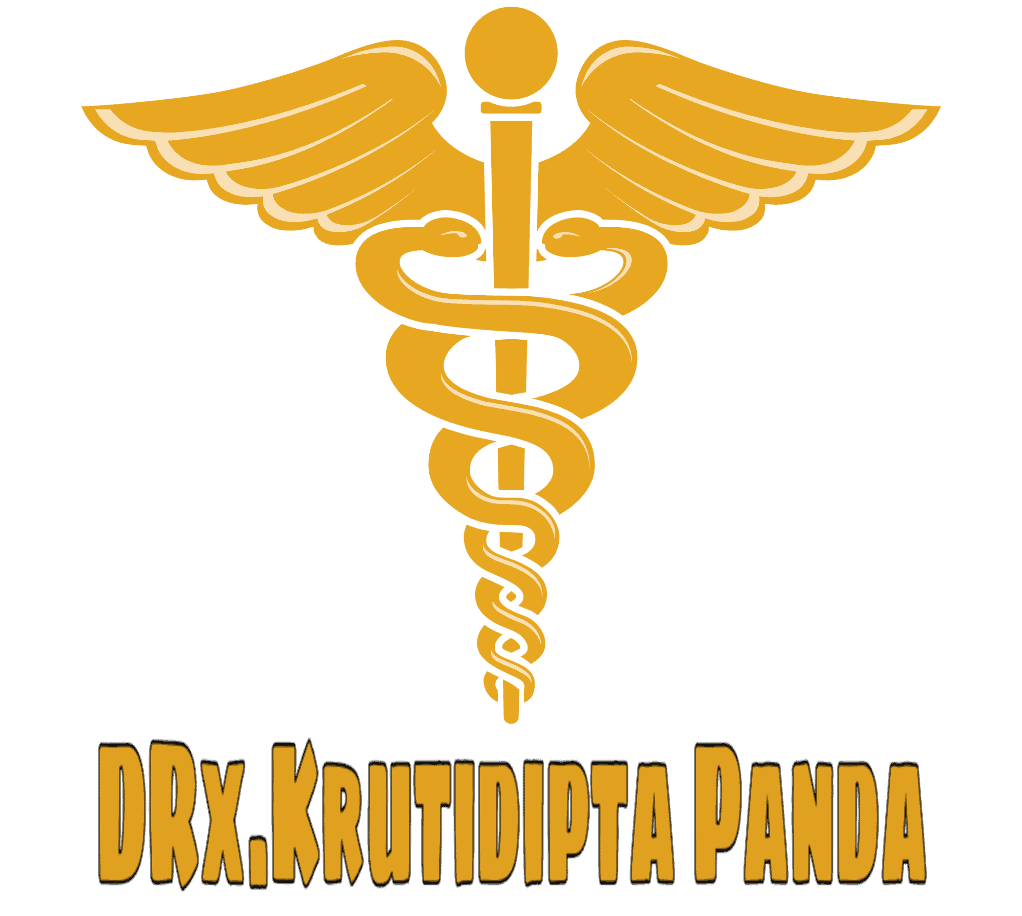Introduction
At its core, medicine should never be treated equally. While some can be purchased over-the-counter and others require a valid doctor’s prescription, this article focuses on five categories that you should never consume without first consulting with your healthcare provider.
In the modern age, information about medicines and their uses is readily available on the Internet. However, self-diagnosing and self-medicating can have serious, sometimes life-threatening, consequences. Here are 5 medications you should never take without a prescription.
The Dangers of Self-Medication
Self-medication can lead to incorrect self-diagnosis, delays in seeking appropriate medical advice, severe adverse reactions, dangerous drug interactions, incorrect dosage, incorrect choice of therapy, masking of severe disease, and risk of dependence and abuse.
With the majority of information available online, consumers frequently self-diagnose their ailment and begin taking prescription medications such as statins or steroids without contacting a doctor. This puts patients at risk for severe allergic responses, some of which can be fatal. Before taking any medication, it is critical to review the dose, potential problems, and potentially hazardous combinations with other medications. Medicines should never be taken without the supervision of a healthcare expert.

Medicines that should not be used unless prescribed
A. Opioids / Prescription Painkillers
Opioids are powerful pain relievers, often prescribed after surgery or for chronic, severe pain. However, they can be highly addictive, leading to physical dependency and overdose if not carefully monitored by a healthcare professional. Never take opioids without a prescription, and always follow the dosage instructions.
Risks Associated with Over-the-Counter Painkillers
Even though many painkillers are available over the counter, misuse can lead to addiction, liver damage, and an increased risk of heart attack or stroke.
B. Antibiotics
Antibiotics are potent weapons against bacterial infections. However, their misuse can lead to antibiotic resistance, rendering them ineffective. They should always be prescribed by a healthcare professional who will consider the type and severity of your infection, your health status, and any potential side effects.
Risks of Misusing Antibiotics
Antibiotics are specific for the type of bacteria they kill. Taking the wrong ones can lead to increased antibiotic resistance, a significant global health concern. In addition, inappropriate use can lead to unnecessary side effects and not cure the infection.
C. Statins
Statins are commonly prescribed to lower cholesterol and reduce the risk of heart disease. However, they can cause side effects such as muscle pain and liver damage and may interact with other medications. Always consult a healthcare professional before taking statins.
D. Stimulants
Prescribed for conditions like attention deficit hyperactivity disorder (ADHD) and narcolepsy, stimulants can have serious side effects including high blood pressure, irregular heartbeat, and anxiety. They can also be addictive and are often misused for their “performance-enhancing” effects. Always use them under medical supervision.
The Issue with Unprescribed Stimulants
Unprescribed use of stimulants can lead to heart problems, high blood pressure, and mental health issues like anxiety and paranoia.
E. Steroid
F. Benzodiazepines / Sleeping pills
Benzodiazepines are prescribed for conditions like anxiety, insomnia, and seizures. They work by calming the nervous system, but they can also lead to addiction and dangerous withdrawal symptoms if not properly managed. Always consult a healthcare professional before starting or stopping benzodiazepine medication.
Consequences of Unsupervised Use
Antidepressant medication can have serious adverse reactions, including increased risks of suicidal thoughts when not taken with appropriate supervision and misuse potential; their sudden discontinuation can cause withdrawal symptoms as well.
G. Dangers of Non-Prescribed Antihistamines
Antihistamines are often used to treat allergy symptoms. However, misuse can lead to serious heart problems, seizures, and other health issues.
Importance of Prescriptions
Why are Prescriptions Necessary?
Prescriptions serve as a form of communication between healthcare providers. They show that one has evaluated your health condition and determined that specific medication will help treat it – making sure its safety and efficacy fit the treatment of your specific illness or injury.
Be mindful that even OTC medications can be hazardous if misused. Always seek advice from a healthcare provider prior to starting any new OTC medication; they will offer guidance based on your specific health conditions, potential side effects of the medicine and interactions between medications that are currently prescribed to you.
Conclusion
Medications are powerful tools in maintaining health and treating disease, but they can also be dangerous if misused. Always consult a healthcare professional before starting or stopping any medication, and never take prescription medications without a prescription. Your health is too important to risk.
Your health is invaluable. Always consult a healthcare professional before taking any medication, especially those mentioned in this article. Remember, your health should never be a guessing game.
FAQs
Why can’t I take antibiotics without a prescription?
Antibiotics are specifically designed to combat certain types of bacteria. Misuse can lead to antibiotic resistance, making infections harder to treat in the future. Additionally, incorrect use of antibiotics can lead to unnecessary side effects and may not effectively treat your infection.
What are the dangers of using stimulants without a prescription?
Unprescribed use of stimulants can lead to serious health problems, including heart issues, high blood pressure, and mental health problems like anxiety and paranoia.
Why should I avoid using antihistamines without a prescription?
Antihistamines, although often used for allergy symptoms, can cause serious health problems when misused, including heart issues and seizures.
Can over-the-counter painkillers be harmful?
Yes, overuse or misuse of over-the-counter painkillers can lead to various health problems, including addiction, liver damage, and an increased risk of heart attack or stroke.
Are there any safe antidepressants to use without a prescription?
Antidepressants can have severe side effects and should always be used under the supervision of a healthcare professional. The effectiveness and safety of these medicines are highly dependent on individual health conditions
